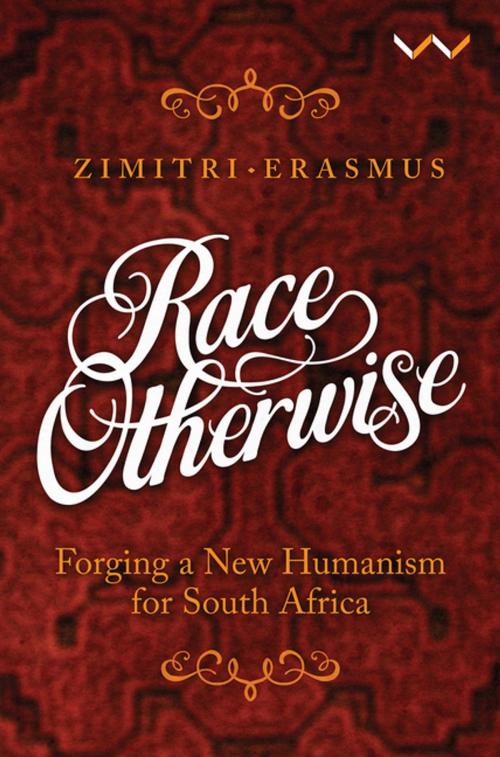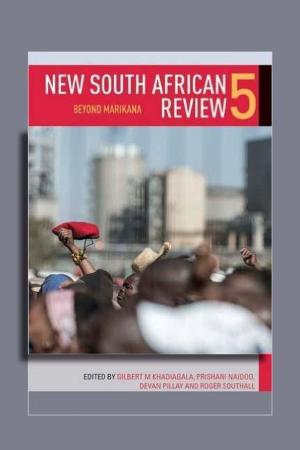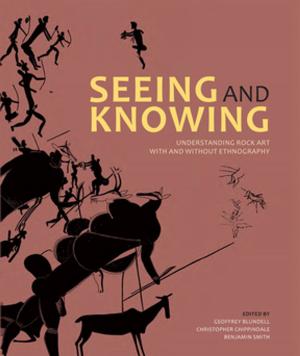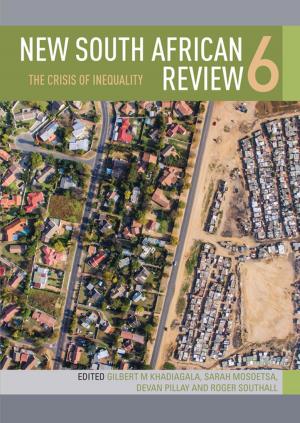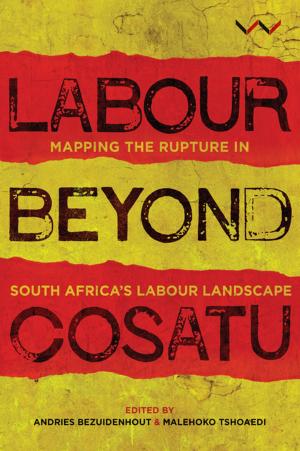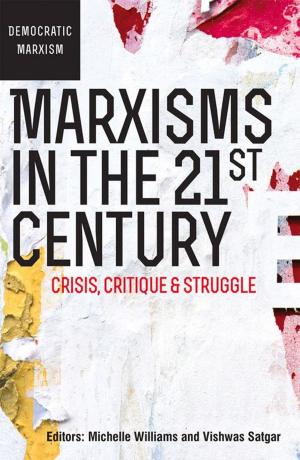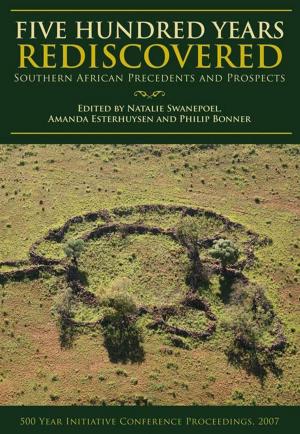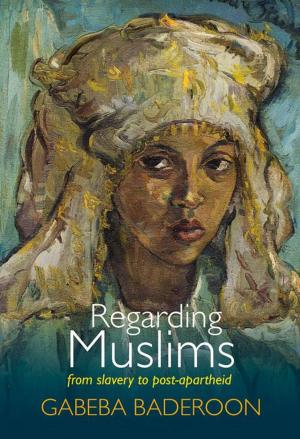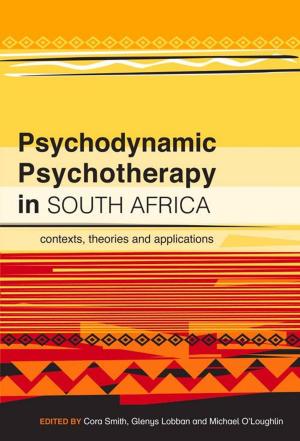Race Otherwise
Forging A New Humanism For South Africa
Nonfiction, Social & Cultural Studies, Social Science, Cultural Studies, Minority Studies, Sociology| Author: | Zimitri Erasmus | ISBN: | 9781776141852 |
| Publisher: | Wits University Press | Publication: | August 30, 2017 |
| Imprint: | Wits University Press | Language: | English |
| Author: | Zimitri Erasmus |
| ISBN: | 9781776141852 |
| Publisher: | Wits University Press |
| Publication: | August 30, 2017 |
| Imprint: | Wits University Press |
| Language: | English |
In Race Otherwise: Forging a New Humanism for South Africa Zimitri Erasmus questions the notion that one can know ?race? with one?s eyes, or through racial categories and or genetic ancestry tests. She moves between the intimate probing of racial identities as we experience them individually, and analysis of the global historical forces that have created these identities and woven them into our thinking about what it means to be ?human?. Starting from her own family?s journeys through regions of the world and ascribed racial identities, she develops her argument about how it is possible to recognise the pervasiveness of race thinking without submitting to its power. Drawing on the theoretical work of Frantz Fanon, Sylvia Wynter and others, Erasmus argues for a new way of ?coming to know otherwise?, of seeing the boundaries between racial identities as thresholds to be crossed, through politically charged acts of imagination and love.
In Race Otherwise: Forging a New Humanism for South Africa Zimitri Erasmus questions the notion that one can know ?race? with one?s eyes, or through racial categories and or genetic ancestry tests. She moves between the intimate probing of racial identities as we experience them individually, and analysis of the global historical forces that have created these identities and woven them into our thinking about what it means to be ?human?. Starting from her own family?s journeys through regions of the world and ascribed racial identities, she develops her argument about how it is possible to recognise the pervasiveness of race thinking without submitting to its power. Drawing on the theoretical work of Frantz Fanon, Sylvia Wynter and others, Erasmus argues for a new way of ?coming to know otherwise?, of seeing the boundaries between racial identities as thresholds to be crossed, through politically charged acts of imagination and love.
